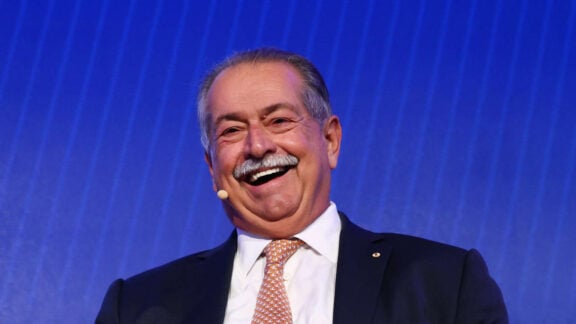300 of the nation’s most influential economic leaders and policy thinkers came together last month to brainstorm how Victoria can best realise its economic future at the Victoria at the Crossroads conference.
The symposium – organised by Victoria University in association with the Committee for Melbourne and The Age – which took place on August 23 and 24, stressed the need to build an adaptable services-based economy in the state, combining investment in infrastructure with education.
George Pappas, the influential chair of the Committee for Melbourne and chancellor of Victoria University, told delegates that “there are huge opportunities in the professional services areas – technical, engineering, design skills, accounting and legal skills.”
“To make it all work we need the best educational investment we can afford and also infrastructure – [and] we need to stop arguing about who funds infrastructure.”
Peter Rohan, head of Performance Improvement at Ernst and Young said that a significant conclusion to come out of the conference, was the need for “a non-political way of prioritising infrastructure.”.
The conference’s star turn came from Australia’s Prime Minister Julia Gillard. In her keynote speech, the PM called on Victoria to invest in its human capital.
“Victoria has done so much to position itself as a smart economy that builds on its most precious resource – its people,” she said.
“Low-skill roles will only make up seven per cent of new jobs over the next five years. The future belongs to well-trained workers in well-managed firms, using the latest technology and supported by high-quality enterprise agreements.”
The Prime Minister gave the example of a person with a Certificate III level qualification or higher, earning on average, at least 10 per cent above the weekly wage of people without such qualifications.
“In some cases, they could earn up to double. University graduates earn 70 per cent more over their lifetimes than someone who only finished Year 12.
“Educational disadvantage is a human failure and an economic failure,” added the PM.
George Pappas told Neos Kosmos that the conference had concluded four action points for the state to realise its full potential:
1. To establish a holistic vision for the future – encompassing the social, physical and economic character of the community we aspire to be.
2. To create a non-political way of prioritising infrastructure choices.
3. To integrate future planning on land-use and physical connectivity, and 4, to grow specific sectors which have a competitive advantage such as education, professional services, health, bio-medical and other technology intensive industries.
The Committee for Melbourne is due to publish its latest research on infrastructure funding entitled Moving Melbourne shortly.
Advertisement
Paths to Victorian economic growth mapped out
De-politicising infrastructure options and educational investment dominate economic symposium









